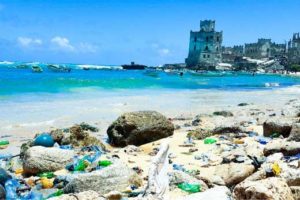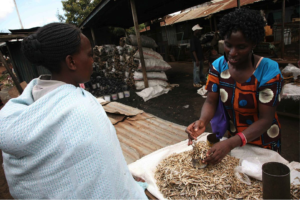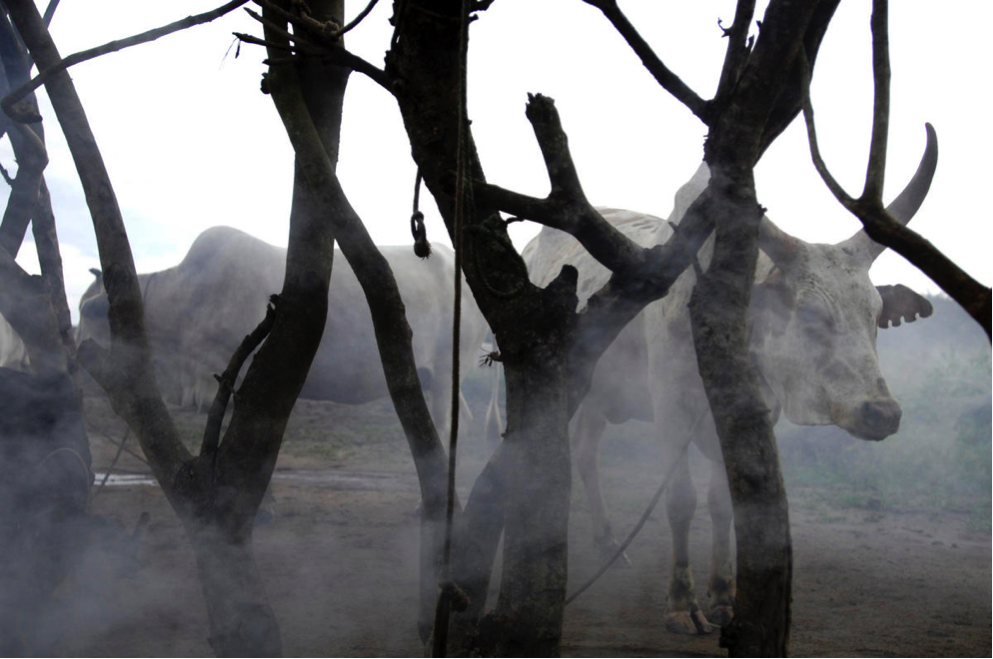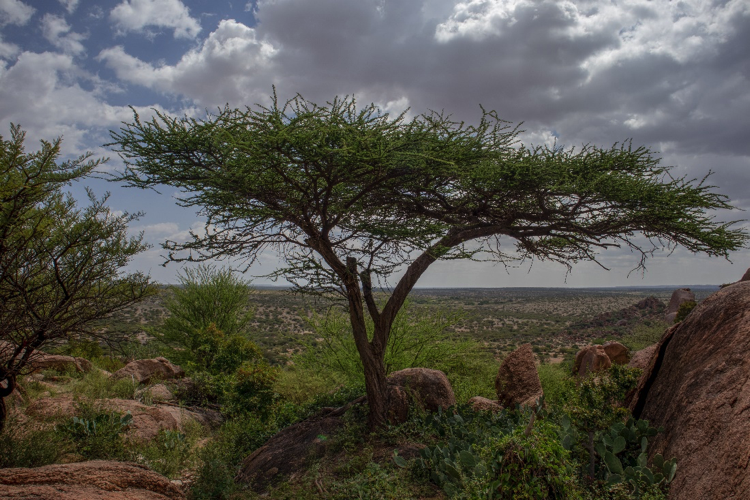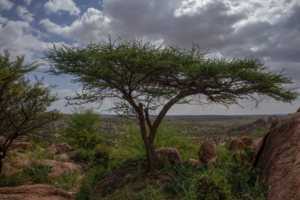
Regenerative Farming as Somali Security Policy
The extremist organization al-Shabaab capitalizes on food insecurity and internal displacement to recruit and coerce new members. Environmental damage to crops, upon which many Somalis rely for subsistence and livelihood, severely exacerbates these risk factors. To lessen the pervasive influence of al-Shabaab, and to increase overall stability, Somali farmers should adopt regenerative farming techniques, which decrease environmental vulnerability.

